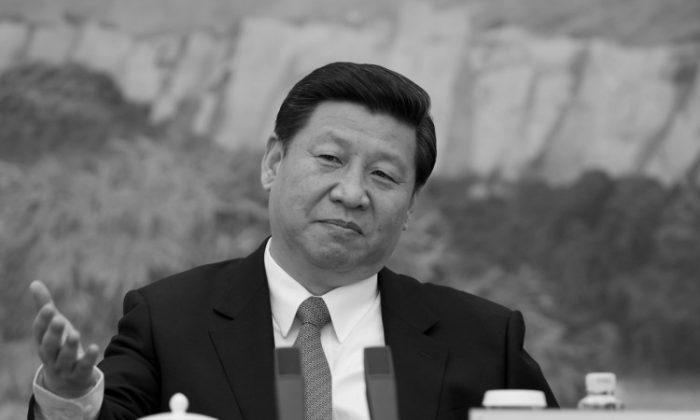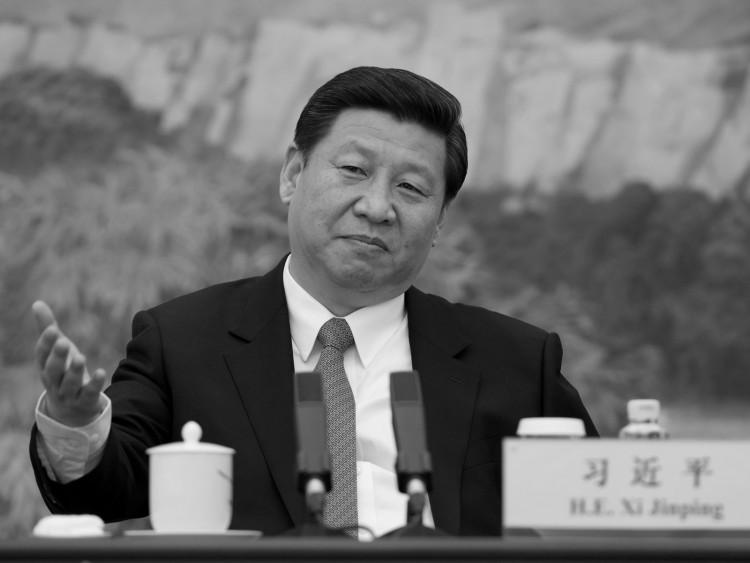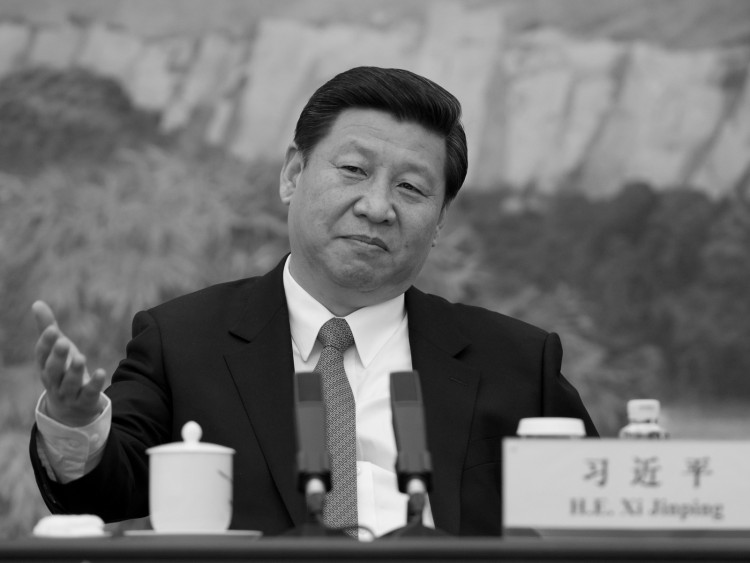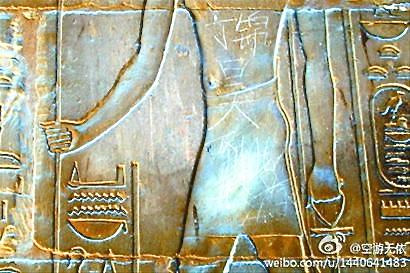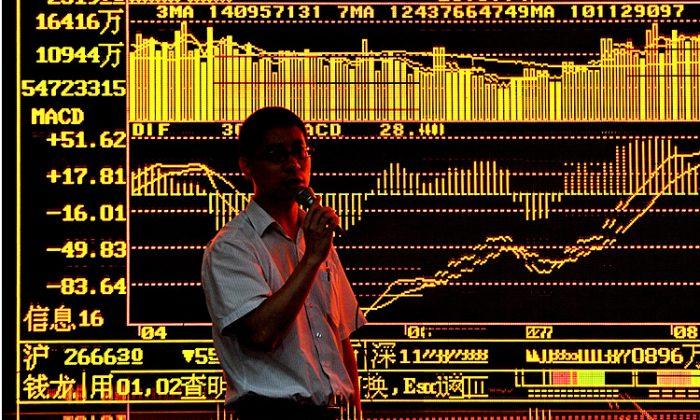NEWS ANALYSIS
Disguised as an anti-corruption campaign to save the Party and the state, Xi Jinping, China’s new communist Party head, has inherited the unfinished business of controlling and purging rival forces and factions that exploded into scandals and infighting among top party officials last year.
Topping the list is the aging former leader Jiang Zemin with the albatross of the unresolved Falun Gong persecution around his neck. Xi’s other target is the Political and Legislative Affairs Committee (PLAC), China’s public security apparatus, which is the most corrupted organization and has become a second power center under its former head Zhou Yongkang, who is also one of Jiang’s closest allies. How Xi deals with these issues determines the Party’s fate.
During these few weeks since Xi was announced party leader, Jiang Zemin has already openly defied Xi’s authority several times.
On Dec. 4, eight regulations to improve the workings of the Political Bureau, known as “Xi’s eight rules,” were approved by the Party. One rule prohibits officials from publishing their own writings, spoken monographs, greeting letters or telegrams, or inscriptions of any kind without prior approval from the central regime.
However, within a period of six days, from Dec. 22 to 28, Jiang challenged Xi’s rules four times, according to state run media reports.
On Dec. 22 Jiang wrote the preface for a book of ancient poems. Two days later he launched a book titled “Huang Ju,” dedicated to his follower Huang Ju who was also a key person in the persecution of Falun Gong, and who died in 2007.
On Dec. 25, Jiang gave another inscription, unveiled at the Nanjing Bridge. And on Dec. 28 his latest book was published.
According to political analysts, Jiang’s intention was to remind Xi and everyone else that he still has political influence.
An insider from Xi Jinping’s camp told China National Radio, the state broadcaster, that Jiang’s display of aloofness was, to some extent, acquiesced by Xi. Permitting Jiang to hold these public appearances served as a cover for the real operation--recapturing Jiang’s power and dissembling the PLAC, and to prevent Zeng Qinghong, the majordomo of the Jiang faction, from carrying out any kind of “suicide” operation that might spin the Party out control.
According to this insider, as part of his fight against corruption, Xi planned to arrest former security czar Zhou Yongkang--one of the main culprits in the persecution of Falun Gong, who was recently removed as head of the PLAC, and retired from the Politburo Standing Committee--and other related officials of the Jiang faction without touching Jiang himself. With this move, Xi was attempting to win the Chinese people’s support, and at the same time take back the power concentrated under the Jiang faction.
Shi Zangshan, a China expert based in Washington DC, says that Jiang Zemin represents a problem, and saving the Chinese Communist Party (CCP) is pretty much impossible; Xi’s best move would be to dismantle the Party.
According to Shi, if Xi continues his political reform without touching Jiang, he will eventually be controlled by Jiang. As long as the Jiang faction has any power, they will not act according to norms or behave with restraint. In that case, anything could happen, and Xi would not be able to keep his promises of reform.
But if Xi went after Jiang now, the Chinese public would definitely demand that Jiang’s crimes against the Falun Gong be addressed, which would lead to the immediate collapse of the CCP, Shi said.
“Jiang’s shocking crime of the Falun Gong persecution has already caused a hopeless fate for the CCP and the total loss of credibility,” Shi added.
“If Xi does not take the initiative to disintegrate the CCP, the vulnerable power balance between the current CCP leaders and Jiang will eventually give way during their feuds, which will lead to the collapse of the CCP anyway,” Shi concluded.
Xi’s Dilemma
Xi’s recent political and anti-corruption campaigns have been constricted by the CCP’s bottom line: don’t cause the collapse of the CCP. Xi’s reform promises will be forfeit as soon as he touches that line.
Since Xi still wants to save the CCP, he is not able to bring Jiang Zemin to justice, as the exposure of Jiang’s crimes against humanity, such as live organ harvesting from Falun Gong practitioners, would cause the CCP’s collapse.
But if Xi wants to lead the country and try to save the CCP, he has no choice but to deal with the PLAC by limiting its power.
The PLAC has already become the most corrupt organization during the last decade and has widely been criticized by Chinese citizens. The PLAC was de facto above all other authority systems and able to mobilize enormous resources and control national policy.
Xi has already begun moves against the PLAC.
Li Chuncheng, Deputy Party Secretary of Sichuan Province and a loyalist of Zhou Yongkang, the former head of the PLAC, was removed from his post very soon after Xi became the new Party head.
CCTV recently reported negative news about the PLAC.
Petitioners with banners have demanded that Zhou Yongkang expose his assets, and police didn’t interfere. Ling Jihua, a trusted Hu ally, was transferred to head the United Front Work Department before Hu transfered power to Xi. The purpose was to control the overseas spy network formerly controlled by the Jiang faction.
Editor’s Note: When Chongqing’s former top cop, Wang Lijun, fled for his life to the U.S. Consulate in Chengdu on Feb. 6, he set in motion a political storm that has not subsided. The battle behind the scenes turns on what stance officials take toward the persecution of Falun Gong. The faction with bloody hands—the officials former CCP head Jiang Zemin promoted in order to carry out the persecution—is seeking to avoid accountability for their crimes and to continue the campaign. Other officials are refusing to participate in the persecution any longer. Events present a clear choice to the officials and citizens of China, as well as people around the world: either support or oppose the persecution of Falun Gong. History will record the choice each person makes.
Read original Chinese article.
The Epoch Times publishes in 35 countries and in 20 languages. Subscribe to our e-newsletter.
Click www.ept.ms/ccp-crisis to read about the most recent developments in the ongoing crisis within the Chinese communist regime. In this special topic, we provide readers with the necessary context to understand the situation. Get the RSS feed. Who are the Major Players? ![]()
